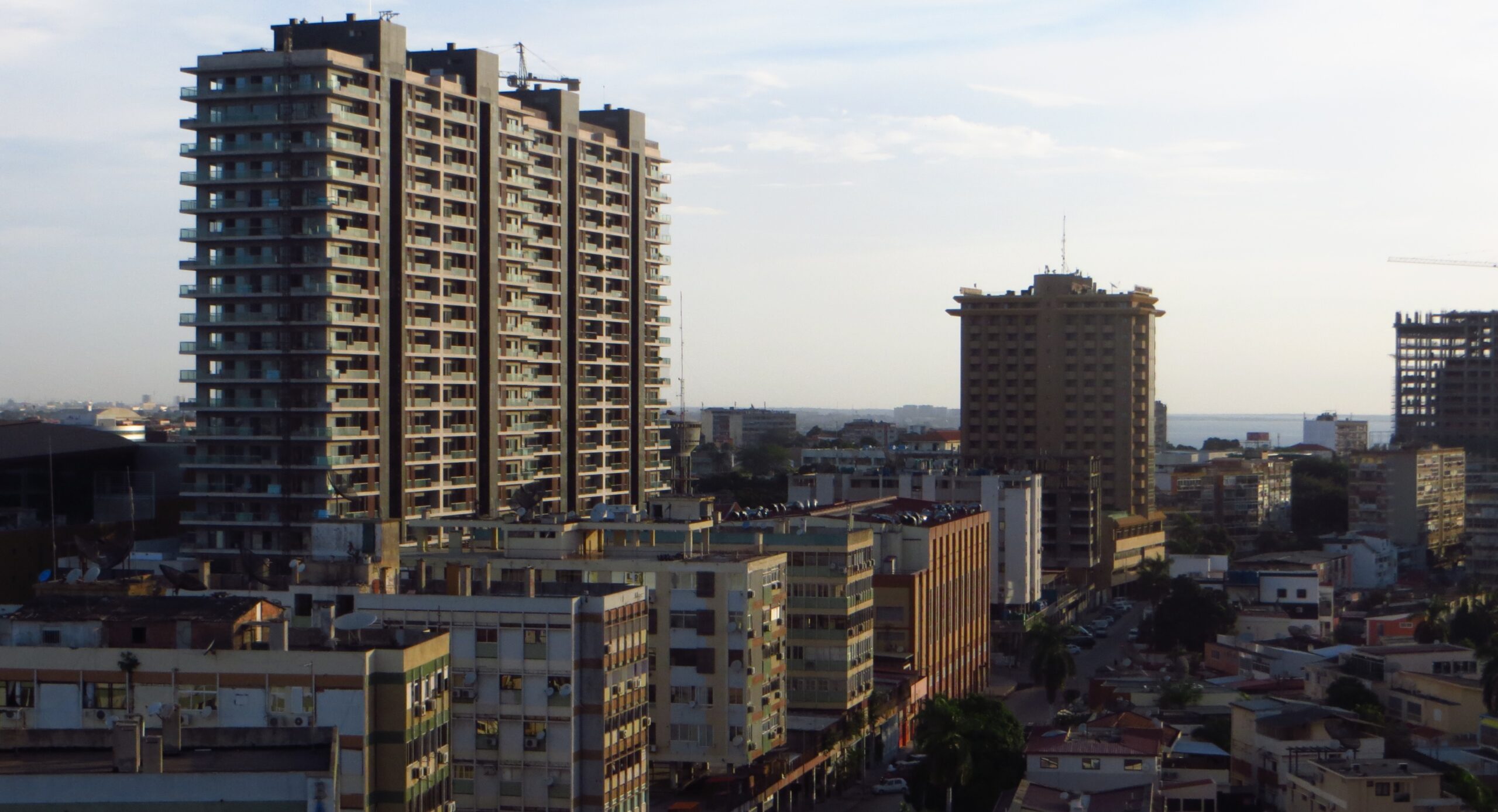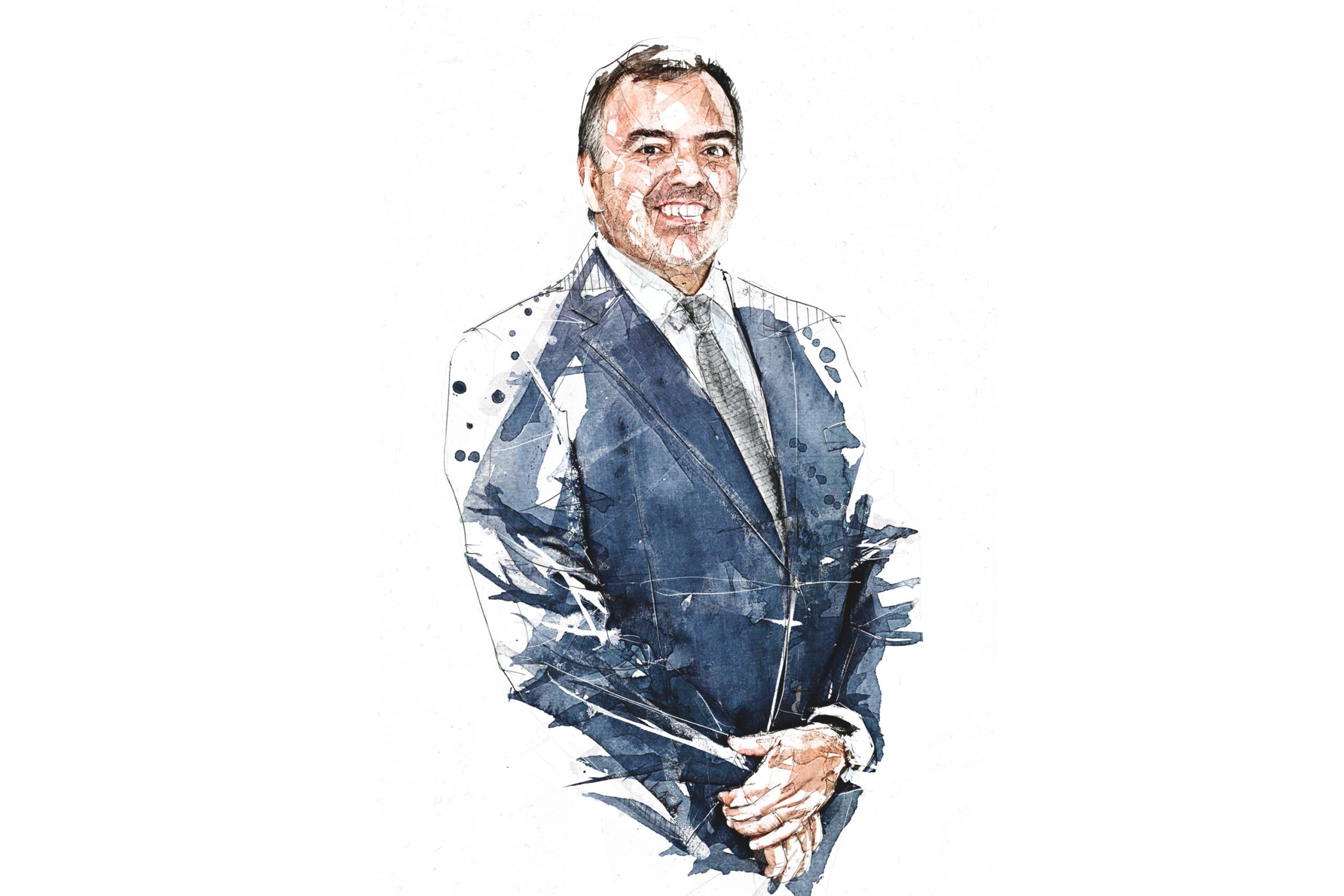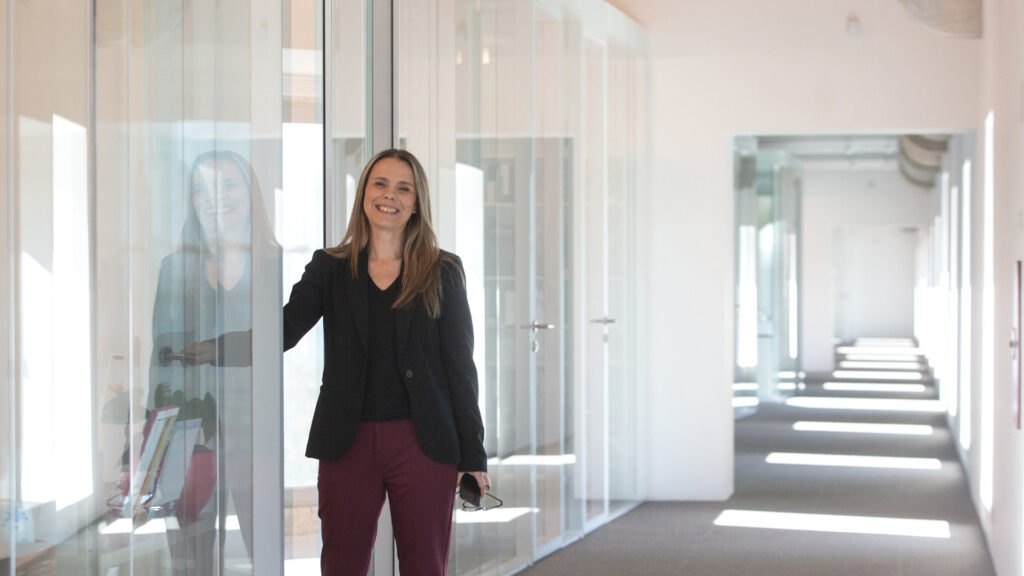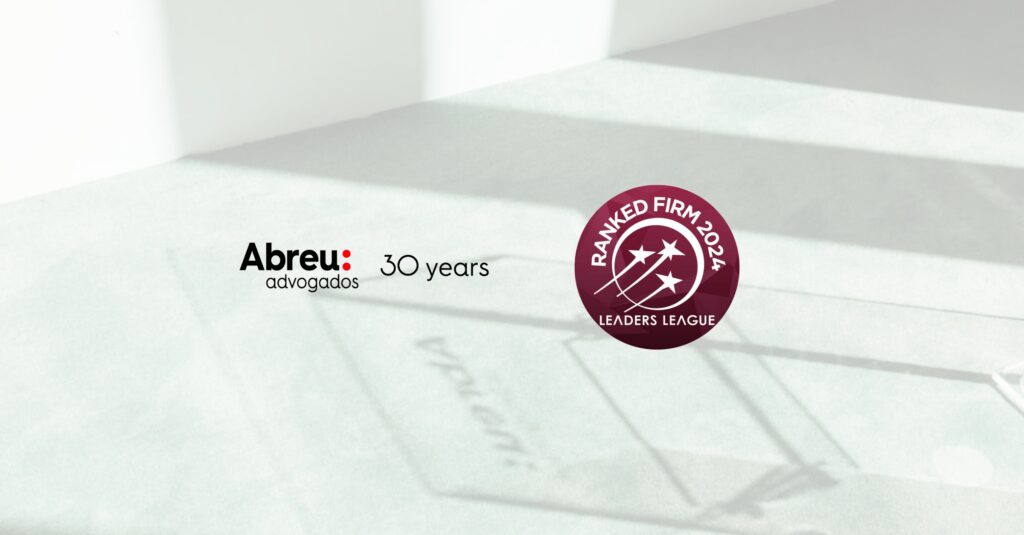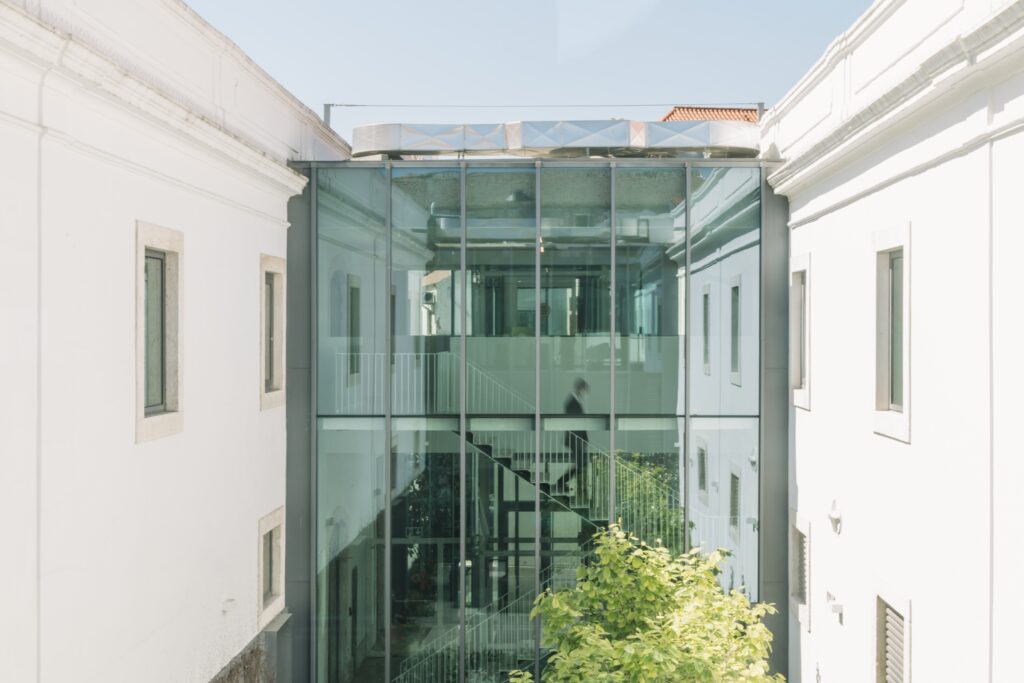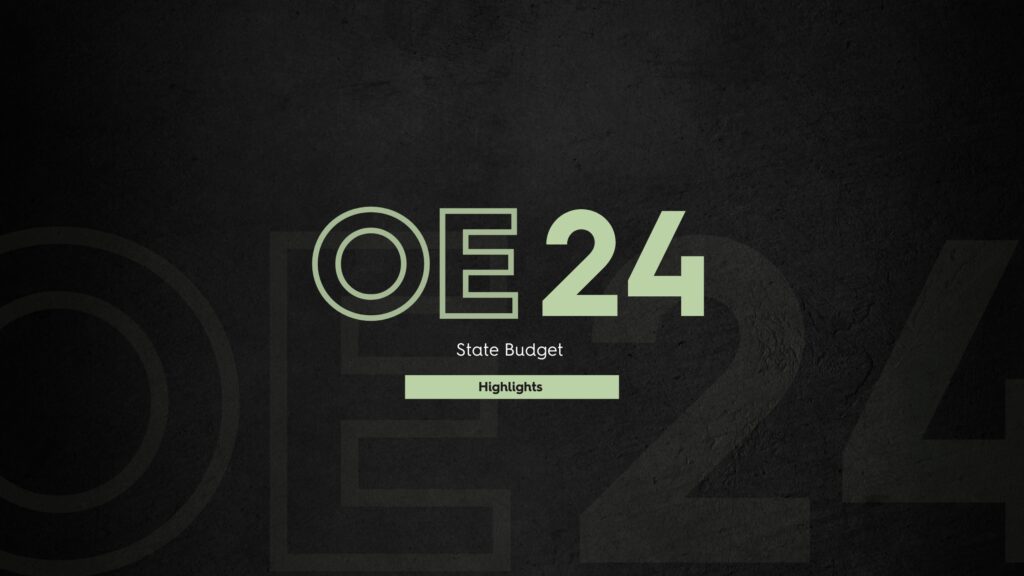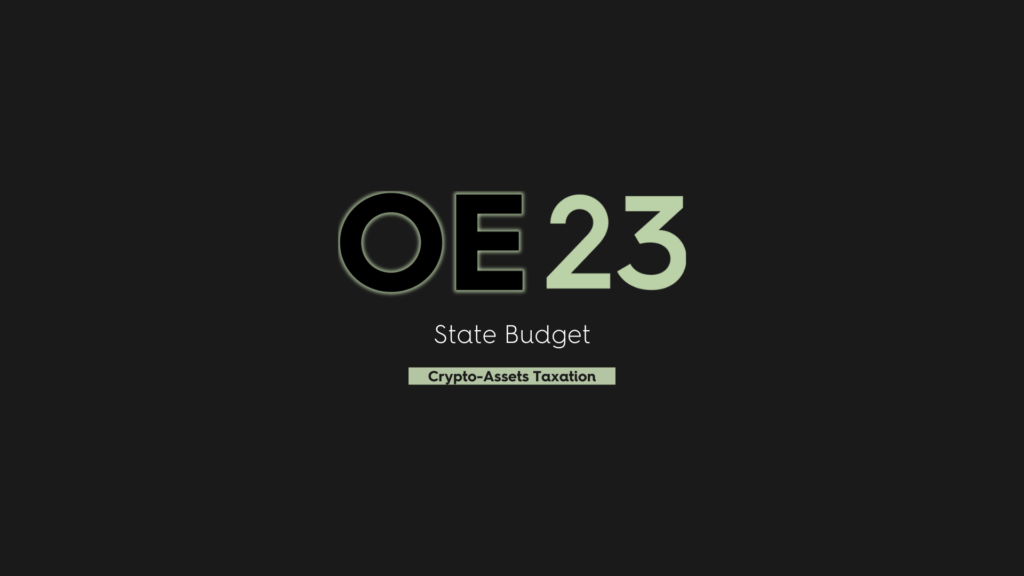We highlight the following the tax benefits provided for in the CFB, for their relevance to the companies:
Labour Sector:
Companies,[1] that create new jobs :
- Deduct in the respective financial year, an amount related to costs with the remuneration of the jobs created in an amount that varies in accordance with the development zone in which the job is created;
- Deduct of an increased amount corresponding the costs of hiring young people for professional internships in companies or for research and scientific investigation, with a minimum duration of 6 months and a maximum of 1 year, as well as the costs of training workers in a duly certified institution.
Energy Production Sector:
- Reduction of the RET[2], by 75% for their acquisition and by 50% for the ownership of buildings exclusively used for the production of energy from renewable sources.
- Reduction in 35% of the final tax rate of the II and 60% of the IAC rate, for a period of 4 years, as from the effective start date of production or commercialisation, applicable to taxable persons subject to II that are dedicated to the production and commercialisation of energy from renewable sources.
Automobile Sector:
Electric vehicles benefit from a 50% reduction in Customs Duties on import and a 50% reduction in Motor Vehicle Tax until 2032, after which the general rule of taxation applies.
Private Investment
- Under the Regime of Prior Declaration
Reduction: (i) of the RET rate by 50%, for the acquisition of real estate for the office and establishment of the investment (ii) of the II rate by 20%, for a period of 2 years (iii) of the IAC rate on the distribution of profits and dividends by 25%, for a period of 2 years.
- In the Special Investment Regime
The attribution of tax benefits varies according to the Investment Implementation Zones, with emphasis on the provinces of Cuando Cubango, Cunene, Lunda-Norte, Lunda-Sul, Malanje, Moxico, Uíge and Zaire in Zone C and the province of Cabinda, in Zone D, with very attractive tax rate reductions, which can reach up to 85% of taxable income.
- Under the Contractual Regime, investment projects
(i) reduction of II, RET, IAC and Stamp Duty rates, for a period of up to 15 years, (ii) tax credit of up to 50% of the investment value, for a period of up to 10 years, (iii) increase of amortization and depreciation rates up to 80%, for a maximum period of 10 years, for projects located in development zones B, C and D, (iv) accelerated depreciations and amortizations of fixed assets, (v) deduction as a cost 80% of the amount of the investment connected with the creation of infrastructure, necessary for the implementation of the project, which by its nature must be provided by the State.
Free Trade Zones
- Rate reductions or exemptions of II, IAC, RET and exemption of customs duties. Tax Benefits increase significantly (up to 8%) on income derived exclusively from agricultural, aquaculture, apiculture, poultry, livestock, fishing and forestry activities, except wood exploitation, developed in Free Trade Zones.
Micro, Small and Medium Companies
- Reduction of the II rate for a renewable period of 2 years, varying according to the zone and size of the company, up to a reduction of 50% on the taxable income, applicable in Zone D (Cabinda);
- Exemption from the Stamp Duty due on receipts, applicable only to Micro Companies;
Cooperatives
The cooperatives operating in the agricultural, livestock, forestry, fishing, cultural, housing, education and elementary, professional and higher education, social solidarity, health and environmental sectors benefit from a 50% reduction in the II tax rate.
A final note to mention that the Tax Benefits Code is not applicable to tax benefits granted under the special taxation regimes for petroleum and mining activities, which continue to be governed by the legal diplomas that created them.
[1] As well as other taxpayers subject to Corporate Income Tax (“II”) or to Labor Income Tax (“IRT”).
[2] Real Estate Tax.


